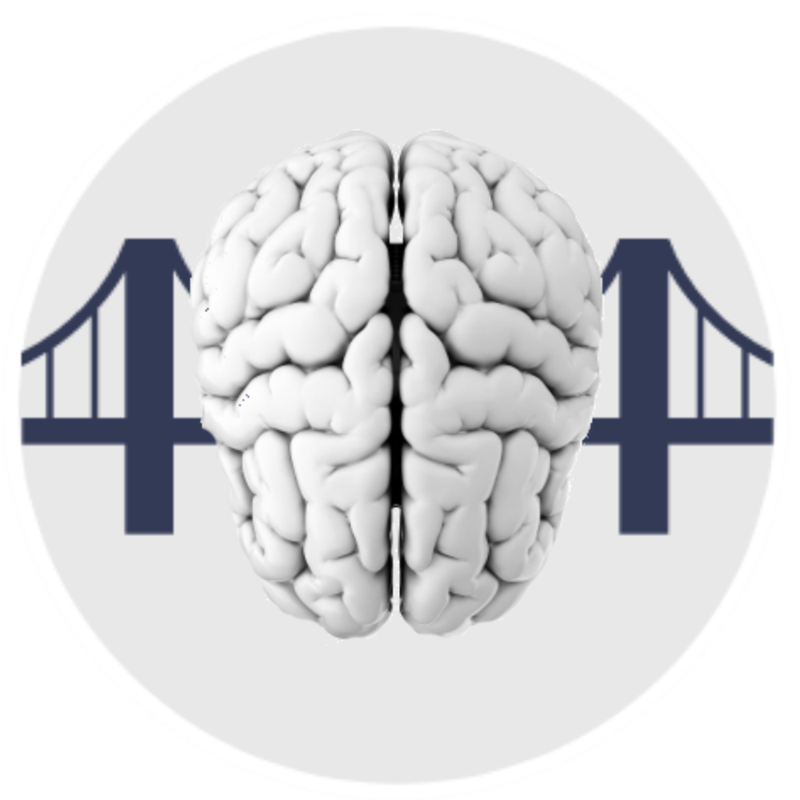Janet Zadina
Butterfly Project Cofounder
Marina Morbiducci
Butterfly Project Cofounder
Learning in the Presence or Aftermath of Stress
Presentation for schools whose population includes these risk factors:
- Violence
- Immigrant/migrant/Native American
- Abuse
- Natural disaster
Available Remotely
Copyright 2013 Janet Zadina, Ph.D. All rights reserved
Janet N. Zadina, Ph.D
Brain Research and Instruction
Science and Strategies
Janet N. Zadina, Ph.D
Brain Research and Instruction
Bridging Neuroscience and Education
"Science and Strategies"
Trouble Focusing? Problems Regulating Your Emotions?
You Are Not Alone!
It is with a heavy heart that I send my greetings to so many colleagues around the world, all affected by this pandemic. My heart is with you through these terrible events and I want to provide whatever small help I can. One thing I learned from my work with educators after natural disaster or violence is that people worry that they are “losing it” both mentally and emotionally.
First, and foremost, I want to tell you that you are not losing your mind! Many people struggle with thinking after trauma and fear that the trauma has given them brain damage. No! But it has severely impacted your thinking, particularly in some areas. For example, do you have trouble organizing, planning, carrying out long-term projects, or making decisions? Your frontal lobes are less activated so that you can be in survival mode, doing what is necessary to sustain life. You are probably having some memory issues and maybe even having trouble remembering things that happened prior to this. Yes, that is another area impacted by stress. Because your emotional center is more activated and your frontal lobes are inhibited, you may have trouble regulating your emotions. The good news is that you will recover! However, you want to minimize the damage and impact and recover as quickly as possible. So you must take action.
Below are some materials and practices that may help you reduce stress so that you do not get chronic post-traumatic stress disorder. An important research study of hurricane survivors found that self-efficacy, the feeling that you could cope and manage, was the mitigating factor that separated those who recovered from PTSD and those who developed chronic PTSD. You can cope! By engaging in some of these practices and using some of the materials you are sending a message to your brain that you are rewiring. You are taking measures to protect yourself! I know you are very busy working hard to manage your lives, but take just five minutes a day to restore your mind and your brain!
Check out Coping with Covid19. On this page, you will find many resources. You can also find more resources on the Resources tab at www.brainresearch.us.
Practices to reduce stress and handle trauma
- The 4-7-8 breath stops anxiety in its tracks. Breathe in to the count of 4, hold it for the count of 7 and breathe slowly out for the count of 8. Just do it a few times.
- Gratitudes Taking five minutes to write down three things you are grateful for every morning or evening has been scientifically shown to increase happiness. Why? It changes your focus throughout the day as you look for things to put on your list. If you want to make this practice have an even stronger effect, take pictures of things you are grateful for throughout the day, because action is stronger than thinking. READ MORE
Addressing Faculty Anxiety, Stress, and Trauma: Recover, Renew, and Rewire
This presentation for faculty, staff, and administrators provides both the science and the strategies of the effects of high stress and strategies for reducing anxiety, stress, and trauma effects.
- Understanding what is happening
- Strategies to reduce stress immediately
- Practices to prevent long-term mental and physical problems
- Interactive
Available Remotely
A Testimonial from the Teaching and Learning in the Presence of Anxiety, Stress, or Trauma: Science and Strategies Presentation:
Janet, your workshop was so uplifting! I have twins that were born 3 months premature. One suffers from severe anxiety. He has been in therapeutic play for 4 years now (he is 7). I went home and started doing some techniques you shared and it has helped him more than 4 years of therapy!! Thank you so much!!
Jessica C. Starzyk
Prince William County Public Schools





